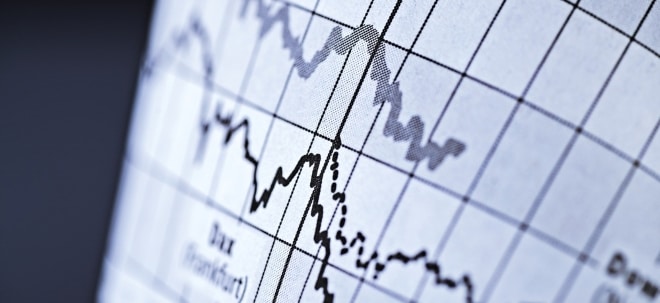damit nicht alle den link aufmachen müssen und somit Werbeeinnahmen für FT generieren
§https://www.ft.com/content/f3087aba-64ba-11ea-b3f3-fe4680ea68b5
§Wirecard delays results as KPMG special audit extended
Dan McCrum 23 MINUTES AGOPrint this page
Wirecard has said a special audit of its accounting by KPMG will take longer than expected, delaying presentation of the payment specialist’s full-year results until the end of April, the last possible day for publication under German law.
KPMG’s wide-ranging investigation, launched in October after the Financial Times reported that sales and profits appeared to have been fraudulently inflated at Wirecard businesses in Dubai and Ireland, had been due to conclude this month.
“The extensive inspection of relevant documents, including those of external companies, and coronavirus-related travel restrictions make the extended timeframe necessary,” Wirecard said in a statement released at 11pm in Germany on Thursday, a day when stock markets had plunged on Wall Street and in Europe.
Wirecard shares had tumbled 18 per cent to close at €85.86, less than half the peak reached in August 2018 shortly before the fast-growing fintech replaced Commerzbank in the Germany’s premier Dax 30 index. They jumped in early trading on Friday.
It was the first time Wirecard’s share price traded below €94 since December 2017, when Markus Braun, the group’s chief executive and largest shareholder, pledged €390m of stock as part of personal loan arranged by Deutsche Bank.
KPMG’s special audit is focused on Wirecard’s relationship with a Dubai partner company, Al Alam solutions. Documents published by the FT indicated that substantial sales and profits were attributed to payments processing by Al Alam for Wirecard in the names of clients that had ceased to exist.
Wirecard said at the time that the FT had misinterpreted documents, relied on inauthentic information, and that the client names were actually aliases representing “clusters of clients”.
It also said that Al Alam was just a technology service provider that does not contribute to Wirecard sales or profits, a statement challenged in subsequent reporting by WirtschaftsWoche, a German business weekly.
In its statement on Thursday, Wirecard said KPMG’s “investigation of third-party partner business (TPA) is still ongoing and is expected to be completed by 22 April, 2020, at the latest.”
KPMG is also examining other areas of Wirecard’s business where it has been accused of fraud or faced questions about its accounting and public statements.
The white-collar crime division of the Singapore police is conducting a probe into allegations of money laundering and false accounting at eight Wirecard subsidiaries in Asia. Five current and former employees were named last year as suspects and Wirecard has said that some staff may face criminal liability, but that their actions had little impact on the group’s figures.
Wirecard has also faced questions from anonymous short sellers published to the website MCA Mathematik, which asked whether a form of lending known as Merchant Cash Advance really took place in the size Wirecard has reported in Brazil and Turkey.
The German company said on Thursday that KPMG “has largely completed the special investigation of Wirecard AG's business activities in India and Singapore as well as the Merchant Cash Advance (MCA) / Digital Lending division”.
It said “these parts of the audit have not produced any substantial findings” that would require corrections to the 2016, 2017 or 2018 accounts.
Wirecard’s longstanding auditor, EY, is undertaking the regular audit of full-year figures for 2019, which will now be published April 30, three weeks later than previously scheduled.
The group has failed to file local accounts on time for subsidiaries in a number of jurisdictions. In the UK for instance, where up to date accounts are a condition of the e-money licence held by Wirecard Card Solutions Limited, Companies House lists figures for the 2018 financial year as overdue.
Wirecard did not respond to questions from the FT about the UK unit in January. The Financial Conduct Authority declined to comment.
|


 Thread abonnieren
Thread abonnieren


